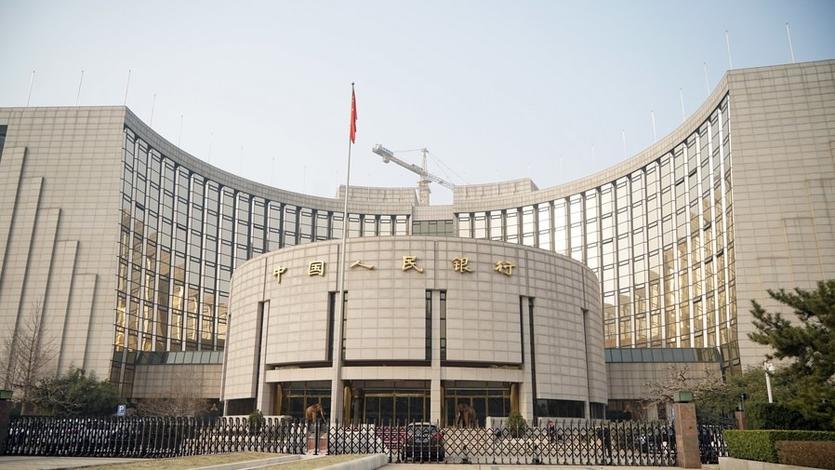 This undated photo shows the headquarters of the People's Bank of China in Beijing. (PHOTO / XINHUA)
This undated photo shows the headquarters of the People's Bank of China in Beijing. (PHOTO / XINHUA)
The People's Bank of China, the country's central bank, announced on Thursday the second cut to the reserve requirement ratio this year, signaling that policymakers are decisively ramping up stimulus to reinforce the pickup in economic momentum, experts said.
The move also highlights the central bank's top priority of stabilizing the domestic economic situation despite downward pressures on the renminbi amid monetary tightening in the United States, they said, and a further reduction in benchmark interest rates may come this year.
The PBOC said in a statement on Thursday that it will reduce the RRR, which refers to the proportion of money that lenders must keep as reserves, by 0.25 percentage point, effective on Friday, following a cut in March. The change does not apply to those financial institutions that have already adopted a 5 percent RRR.
The cut will bring financial institutions' weighted average RRR to about 7.4 percent, according to the central bank.
The move came amid signs of a nascent pickup in the country's economic momentum, with inflation and lending figures for August improving from July.
Zhou Maohua, an analyst at China Everbright Bank, said that implementing an RRR cut against this backdrop will help boost market confidence by showing that policymakers are determined to reinforce the pickup with ramped-up countercyclical adjustments.
Experts close to the central bank said the move will release medium- to long-term liquidity of more than 500 billion yuan ($68.7 billion), which will meet the rising liquidity demand, as more than 1 trillion yuan in local government bonds is expected to be issued in September.
The move will also reduce banks' funding costs, which will facilitate their lending to the real economy and promote further declines in financing costs, they said.
Lou Feipeng, a researcher at Postal Savings Bank of China, said the RRR cut is "necessary and timely", as it will provide low-cost funding for banks and stabilize their profit margin, which is under pressure as they reduce interest rates on existing mortgages to ease homebuyers' debt burden.
The latest cut occurred despite lingering uncertainties about the US Federal Reserve's rate hikes, which have weighed on the renminbi exchange rate. The PBOC statement said it will provide solid support for economic recovery while keeping the renminbi generally stable.
"Foreign exchange rate fluctuations will not substantively constrain China's monetary policy adjustments," said Wang Qing, chief macroeconomic analyst at Golden Credit Rating International. "The latest RRR cut has once again indicated that the PBOC places the independence of monetary policy in a top priority position."
Charlie Zheng, chief economist at Samoyed Cloud Technology Group Holdings, said the PBOC may further reduce interest rates this year to bring the effect of accommodative monetary policy into full play.


